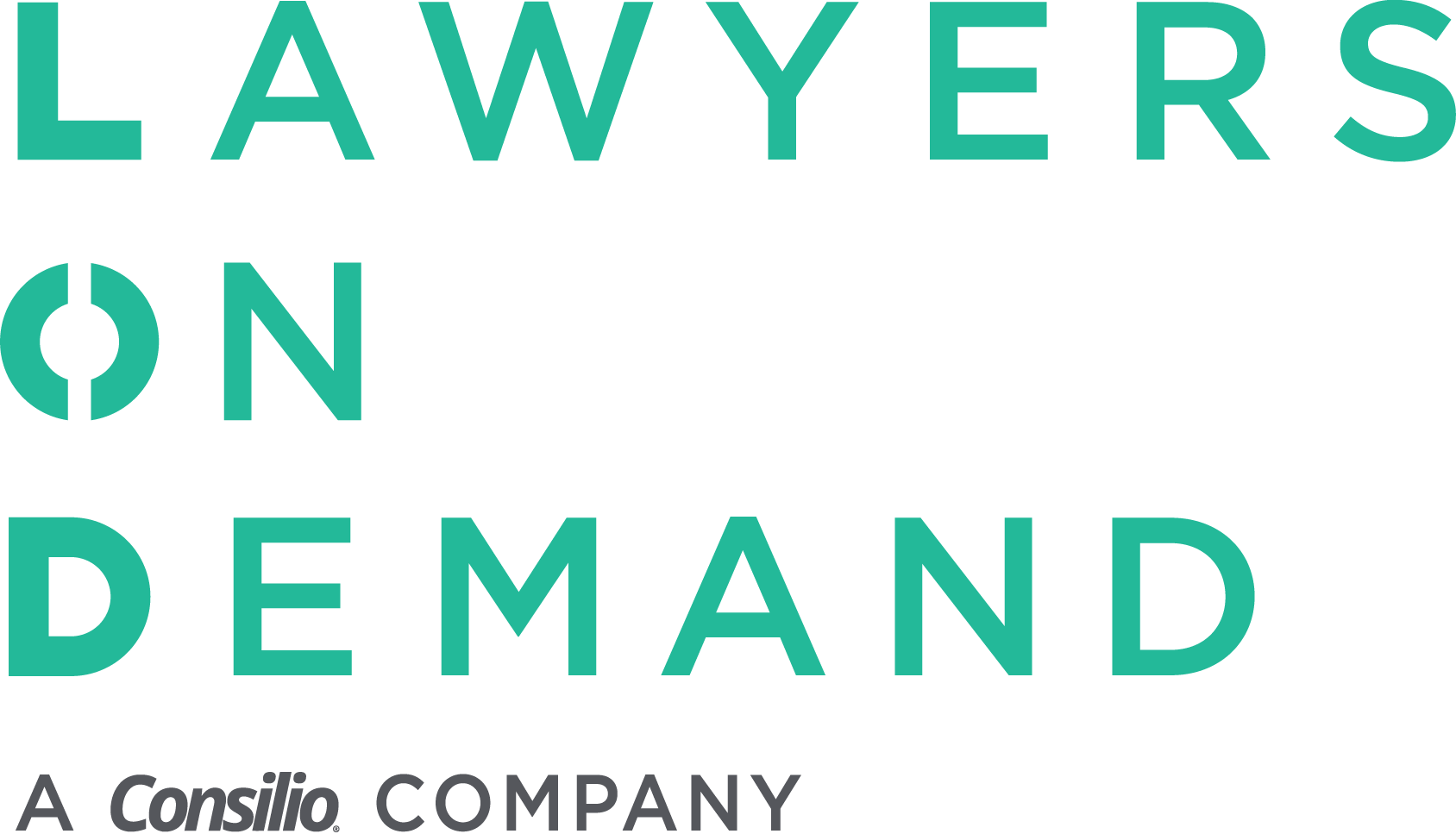
One of the clearest signs that legal operations is continuing to grow in both relevance and prevalence is the 2000+ attendance size at this year’s CLOC 2019 in Las Vegas. A grand physical demonstration of this burgeoning field, expanding community and of its mounting influence.
Legal ops is difficult to define and this is partly because it’s a fluid field: like Batman, it’s whatever it needs to be for the organisation. As a result, it’s important to keep your pulse on #legalops; otherwise you might get left behind. To help you, we’ve distilled seven key themes from #CLOC2019.
TO GET WHERE YOU WANT TO GO, START IN THE RIGHT PLACE
There is a risk of phototaxis in legal departments – a movement to light and in our world, attraction to shiny new #legaltech solutions. But the chorus of leading voices at Las Vegas pointed towards something more considered and deliberate. Starting not with a piece of software or vendor selection, but rather a sober reflection on what your legal teams are doing. As Morocco cautions in The Merchant of Venice, “All that glisters is not gold– ”.
The better starting point is to understand what your team is doing and make sure you’ve got the right things heading to the right people in the right way
FOCUS, NOT HOCUS POCUS
There’s no magical solution coming out of the legal ops environment. A shared observation arising out of the keynote addresses, plenaries and panel sessions was the need for focus; a need for dedicated resource. Nigel Bond from Westpac noted that it was only when they employed someone strictly dedicated to legal ops did they achieve success. Along a similar vein, Dorian Daley noted examples of project failure often result from no-one having the task as a focused part of their role.
While it might be possible to grab hold of a few “low-hanging fruit” type projects without dedicated resource, solving any longer term and more entrenched problems will be very tricky. This sentiment was echoed across the halls and corridors of the Bellagio.
And this is where Legal ops fits in: Dedicated resource that works at the intersections of legal, finance, resourcing, technology and project management.
LEVERAGE EXISTING SYSTEMS
A key theme emerging from CLOC 2019 was the idea of “using what you’ve got”. In the vast majority of corporates, legal departments account for just a small percentage of the organisation and can often struggle to get tech products through procurement. Pragmatically, there is therefore considerable merit in being able to use existing technologies already purchased and deployed within your organisation.
There was an entire session panel dedicated to exploring how you can best leverage the Microsoft 365 stack for legal operations. Winston Yueng explored a few case studies where they had developed functionality within Office365 to essentially build their own “legal tech” tools; using Outlook and Sharepoint amongst other applications. LOD Innovate is working with our clients to leverage their existing Microsoft stack, designing and building customised best-practice DMS, MMS and Legal Team Portals for in-house teams – based on Microsoft 365 apps.
TRUST THE (CONTINUALLY IMPROVING) PROCESS
It’s not just the Philadelphia 76ers that should trust the process: legal departments need to trust and prioritise their processes. Adding new technology onto a bad process won’t make anything better – it’ll likely make it worse. You need to focus on getting the right processes embedded in your organisation. And this is often a hard task, but as Mary O’Carroll said in her opening keynote to CLOC, adapting a line from A League of Their Own, if it wasn’t hard, everyone would do it.
But even once you get a great process, you still can’t remain static. There is where continuous improvement is so vital. Brad Rogers, when talking about his legal function at TIAA, praised the success of adding a CI team to do regular post matter reviews – it was one of the best investments they had ever made.
For LOD, this rings very true and we’ve done process improvement with a number of major multinational companies. We adopt a design thinking approach, map your processes, identify your pain-points, develop and iterate a solution or new workflows, then ensure there is a CI element in place. We know the importance of following a structured project method in legal ops.
DIVERSITY MATTERS
It is a truth universally acknowledged: diversity of talent is a great thing. This is particularly important when considering the process of problem-solving. You don’t want a homogenous group looking at a problem as they likely bring similar perspectives; you need a multi-disciplinary team of people bringing varied insights. A kaleidoscopic limning of problems is better than bringing just one perspective.
A talking point amongst some of the GCs present was the movement towards ensuring diversity in their law firms and suppliers. Only in February of this year did over 170 GCs and CLOs support an open letter to law firm partners pushing for greater diversity in corporate partnerships. Diversity and flexible working are something that LOD prides itself with an over 65% female workforce around the globe and nearly 40% of our lawyers, consultants and HQ staff working flexibly.
SELF-SERVICE TOOLING
As legal departments look to achieve (the rather fantastical) “more with less”, one key area to deliver efficiencies is self-service tools. When deployed effectively, self-service tools can relieve large amounts of low-end work from your lawyers and, perhaps more importantly, speed up your business. We all well know that businesses always welcome any initiatives that reduce friction and embrace changes that bring greater alacrity to legal workflows.
EXTENDING YOUR SERVICE
It is boring to state that success in business requires collaboration. A collaborative eco-system for your clients, suppliers and business providers is essential – and this is just as important in outsourced relationship. The early stages of outsourced relationships requires face to face meeting and co-design of services. Parthasarathy Karmegam from CPA Global talked about their decade long relationship with Microsoft and the importance of have a structured “business take on process”. The best supplier and customer relationships come from a real desire to work together. If your relationship becomes transactional, you aren’t going to get the best of your ecosystem
CONCLUDING REMARKS
Perhaps the best way to sum up CLOC 2019 is to riff on the themes that came out loud and clear in the closing stages of Thursday. CLOC membership continues to grow and the organisation has a renewed focus on better relationships between Legal Departments and Outside Counsel – we really welcome that steer because we’re all linked together in this ecosystem and the best ideas and solutions won’t come from a few smart minds locked away in their office, it’s about all of us sharing and learning together.
And if the Batman video earlier in the article got you interested in a career in Legal Operations; here the CLOC Board’s tips for the skills you need
- EQ – crucial, ultimately your role is about managing change.
- Relationships – all legal ops personnel are breaking new ground, use your network, share and learn
- Thick skin – it can be a thankless job at times
- Intellectual curiosity – always be challenging yourself on what can be done differently.
As an intellectually curious business that has been at the heart of change in the legal profession we couldn’t agree more.
